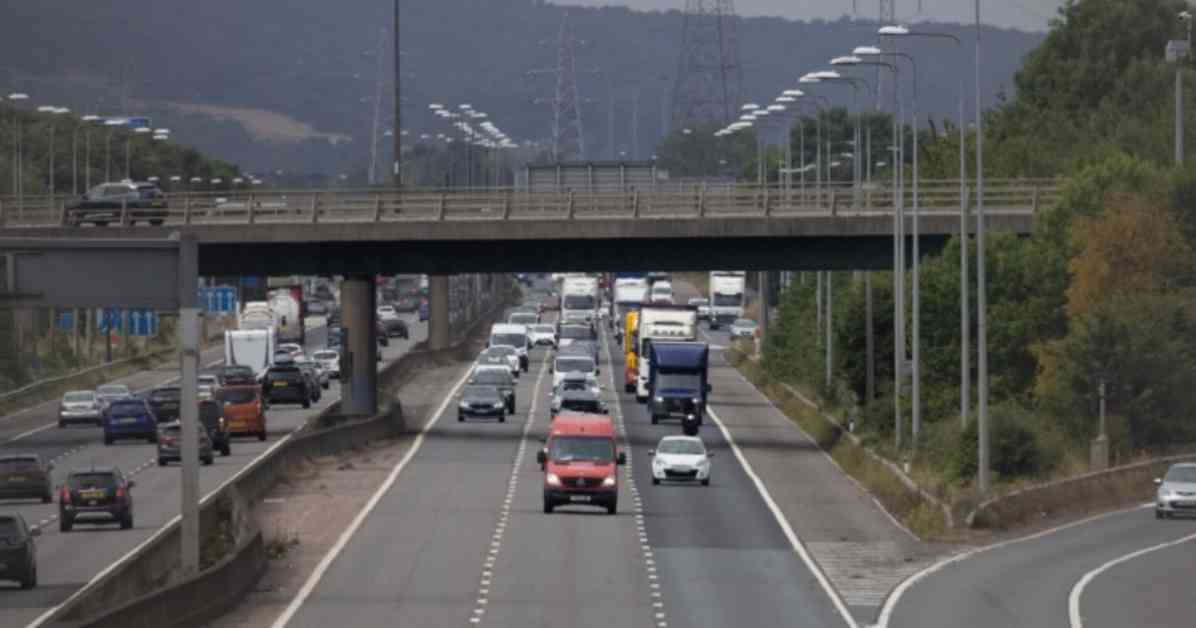Chancellor Rachel Reeves, the Labour Party MP, recently made adjustments to new car tax bands just weeks before the implementation of updated Vehicle Excise Duty rules on April 1. The changes specifically impact double cab pickups, which will now be treated as company cars for tax purposes. This decision came after HMRC updated its guidance on double cab pickups tax rates, prompting a need for clarification from Reeves herself.
The controversy surrounding these new tax rules led to the launch of a petition urging the government to reconsider the changes that would significantly impact businesses, farmers, tradespeople, and individuals who rely on double cab pickups for work. The petition has garnered thousands of signatures, highlighting concerns about the increased costs associated with reclassifying these vehicles as cars. This includes higher Benefit in Kind tax and lower capital allowances, which could pose financial challenges for many affected industries.
According to the new guidance, a vehicle will be classified as a double cab pick-up for tax purposes if it has four doors, regardless of whether the rear doors are hinged at the front or the rear. However, two-door versions are generally considered vans. HMRC expects most double cab pick-ups to be classified as cars due to their dual functionality in transporting passengers and goods, without a clear predominance in either category.
One fleet manager, who oversees a 300-vehicle fleet that includes several double cab pick-ups, expressed concerns about the limited options for single cab pick-ups in the market. The availability of extended cab options allowed the fleet to provide drivers with higher-specification vehicles. The upcoming tax changes may impact their operational costs and overall fleet management strategy.
In response to the criticism and questions raised by various stakeholders, a Treasury spokesperson defended the government’s decision by citing the alignment of HMRC’s guidance with existing case law. The spokesperson referenced a Court of Appeals judgment that emphasized the treatment of multipurpose vehicles capable of carrying both people and goods as cars for tax purposes. This rationale aims to ensure that the tax liabilities associated with these vehicles accurately reflect their primary intended use.
Expert Insights on Vehicle Taxation
Industry experts have weighed in on the implications of the updated tax bands for double cab pickups. Mark Johnson, a tax consultant specializing in automotive taxation, emphasized the importance of understanding the specific criteria used to classify vehicles under the new regulations. He advised businesses and individuals affected by these changes to seek professional guidance to navigate the evolving landscape of vehicle taxation effectively.
Additionally, Sarah Thompson, an economist with expertise in transportation economics, highlighted the broader economic implications of altering tax treatments for work vehicles. Thompson emphasized the need for policymakers to consider the potential impact on small businesses and essential industries that rely on these vehicles for daily operations. She suggested that a balanced approach that considers both tax revenue objectives and industry sustainability would be crucial in addressing these concerns.
Future Implications and Industry Response
As the April deadline for the revised Vehicle Excise Duty rules approaches, stakeholders across various sectors are closely monitoring the situation. Industry associations representing businesses, farmers, and tradespeople have voiced their concerns about the potential financial burdens associated with the reclassification of double cab pickups. They are advocating for a reconsideration of the tax changes to mitigate adverse effects on their operations and livelihoods.
Moving forward, Chancellor Rachel Reeves and the government face the challenge of balancing tax policy objectives with the practical needs of businesses and individuals impacted by these regulatory shifts. The ongoing dialogue between policymakers, industry representatives, and tax experts will be crucial in shaping future decisions related to vehicle taxation and ensuring a fair and sustainable framework for all stakeholders.
Stay tuned for updates on the evolving landscape of vehicle taxation and the implications of the new car tax bands on businesses and individuals across the UK. The impact of these changes extends beyond financial considerations, affecting day-to-day operations, industry competitiveness, and overall economic stability. As the debate continues, it remains essential to engage in informed discussions and collaborative efforts to address the diverse perspectives and concerns surrounding this critical issue.



























